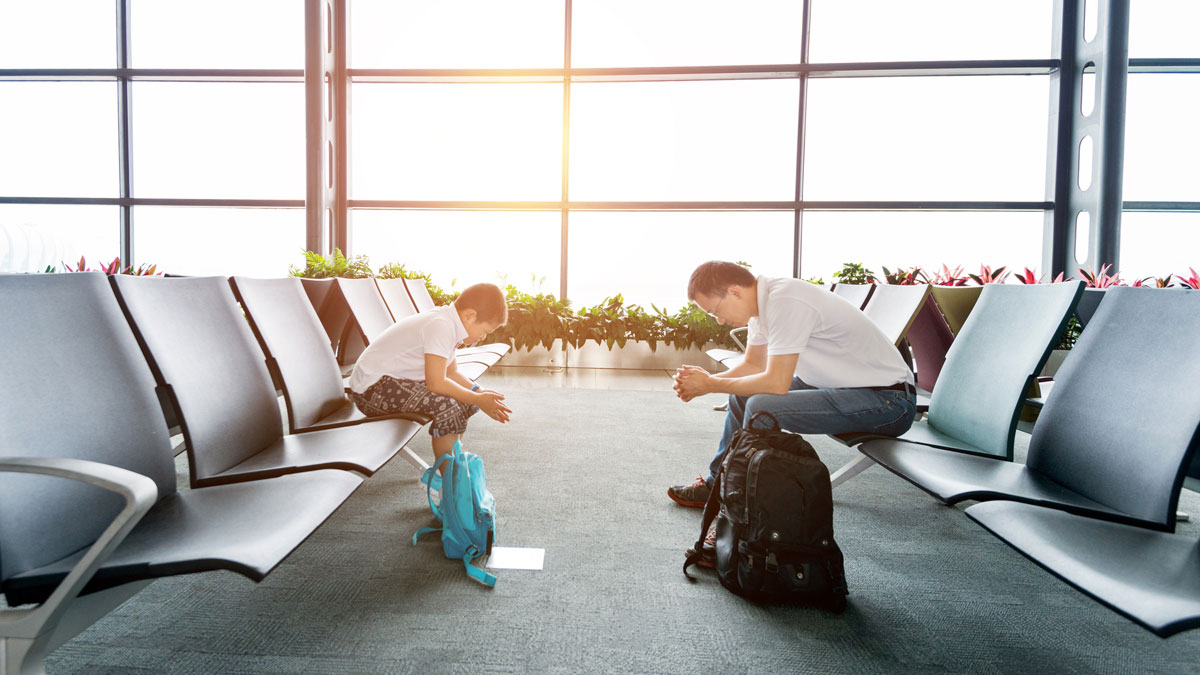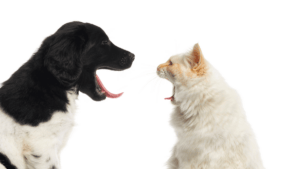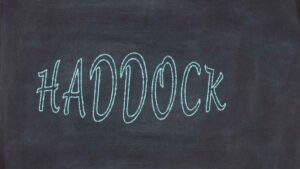Camplify – the stock poised to capitalise on rising anger at shoddy airlines

Picture: Getty Images
- Camplify reports a strong H1 FY23 results with record future bookings of $31.2 million
- Holidaymakers switch unreliable air travel for open highway and seek cheaper holidays
- KMD Brands and Super Retail Group report record sales in H1 FY23
Had enough of air travel? Frustrated at flight delays, cancellations or lost luggage? Wanting to switch the skies for an open highway? Well, it seems you’re not alone.
Campervan lending platform Camplify Holdings (ASX:CHL) has reported revenue growth of 83.1% pcp on H1 FY22 to more than $12.4 million.
CHL reported GTV of $46.2m for the half year, representing a pcp growth rate of 102% on H1 FY22 and gross profit margin improved from 49.9% to 58.1%.
The company also saw revenue of $12.4 million for H1 FY23. The result saw revenue growth hit a three-year CAGR of 96%.
CHL now has 24,558 RVs listed on the platform, a 234.7% pcp increase on H1 FY22, inclusive of migrated customers through its acquisition of German-based RV-sharing platform PaulCamper during the half.
Record future bookings
Maybe we’re all frustrated at air travel. No doubt with higher inflation and interest rate hikes putting pressure on family budgets, we’re looking for affordable holidays.
Whatever the reason CHL seems to be in a prime position to capture a greater demand for campervan getaways, with the company closing H1 FY23 with record future bookings of $31.2 million, excluding PaulCamper bookings.
“The future bookings are globally but mostly Australia because it makes up 86% of our market,” CEO Justin Hales told Stockhead.
“That is 270% growth in bookings so they’ve been paid for but yet to happen and will mostly take place in next 12 months.”
Hales said before Covid-19, bookings were averaging around 10 days and when lockdowns happened that reduced to under eight, but now is back up to 10.5 days.
“Consumer confidence is coming back to book longer holidays with people booking longer in advance,” he said.
Ditching flights for open highway
Hales said there is a real buoyancy among the campervan, caravan and camping sector, which has been supported by key factors.
“One is the ability to control your own destiny so you don’t have seven-hour delays on flights or flights being cancelled,” he said.
“Also there have been pretty record high prices with airfares as well and we are primarily a family holiday company.”
Hales said also people want to get out of the cities and experience rural areas which may have been on their bucket list.
“In Australia particularly we tend to say we’ll see the country when we retire but a lot of people now with a combination of high prices, uncertainty in other countries and the airline industry are thinking maybe I should make it a priority,” he said.
Furthermore, he said while an overseas holiday certainly has its appeal, many travellers are put off with spending hours in a plane or still concerned about getting Covid-19 while away.
“The thought of being on a plane for 20 hours is like ‘I don’t want to deal with that anymore combined with all the other stresses’,” he said.
“They wonder ‘what if I catch Covid when I am over there’ and don’t want to be sick on holidays or when they return and there is just that higher chance of being sick while on holidays.”
Managing the inflation challenge
Hales said there has been an increase in prices with average bookings this time last year just under $1200, whereas now the average is $1799.
“But a lot of that comes from the expansion into New Zealand which has become a much bigger destination for us and their average booking value is about $2800 so it’s an expensive destination to go to on a road trip and they have longer trips,” he said.
“Overall in Australia we are somewhere around the $1400 to $1500 mark so it has gone up a little bit but not a huge amount.”
He said for CHL as a tech business it has not seen huge increases in costs.
“Our percentage of marketing spend, percentage of employee spend has actually gone down as a percentage of revenue so we are scaling, getting more revenue and more countries and maintaining our cost basis.”
Caught up in tech crunch
Founded in 2015, CHL expanded to the UK in 2017, before NZ, Spain and other European locations. It has grown to become one of the largest campervan lending platforms with an average 88% CAGR and aiming for profitability in FY24.
However, a rotation out of tech and growth stocks amidst global economic headwinds has hit the company with its share price falling ~13% in the past six months but picking up and rising ~11% YTD.
“Obviously we were part of the tech crunch with the share price and we are a growth company but what we have shown, particularly the past six months, is we are scaling really well, growing strongly, made a big acquisition overseas and on the road to profitability,” Hales said.
“People can see if we continue the patterns we are on we will be in a really good long-term position and I think we have support around that with investors seeing the trends.”
Ord Minnett has a target price of $2.11 and an Accumulate rating on CHL. Morgans has a 12-month price target price of $2.60 with an Add rating, while Capital Markets has a $3.25 price target with a Buy rating.
The CHL share price today:
Other camping plays on ASX – KMD Brands (ASX:KMD)
So thinking about a campervan holiday? You may want some new gear. How about new hiking boots or clothes? KMD is a global outdoor, lifestyle and sports company, consisting of well-known brands including Kathmandu, Rip Curl and Oboz.
KMD reported record sales in H1 FY23 due to strong sales momentum in the second quarter. Group total sales for H1 FY23 (unaudited) are expected to be ~$546 million, an increase of +34% above H1 FY22.
The Kathmandu sales recovery continues, with total sales 51% above H1 FY22, which KMD said reflected a return of travel and tourist-related spend.
Oboz first half sales have rebounded from Covid-related supply constraints last year, growing 124%. Rip Curl total sales have grown 18%, with strong growth in direct-to-consumer sales, while maintaining wholesale sales levels following strong growth last year.
KMD said group gross margin remains resilient overall, with improved gross margin for the Kathmandu brand.
Underlying H1 FY23 EBITDA is expected to be ~$45 million. The KMD share price is up ~9% YTD.
Super Retail Group (ASX:SUP)
SUP brands include automotive retailer Supercheap Auto, sporting retailer Rebel along with outdoor and leisure retailers Macpac and BCF.
The company reported records results for H1 FY23 including sales hitting $1.96 billion and profits up 30% to $144 million.
Group gross margin was 46.2%, which SUP said reflected price discipline and promotional effectiveness. The company is paying a fully franked interim dividend of 34 cents/share.
Group managing director and CEO Anthony Heraghty said the strong sales momentum it has seen in the first half has continued into January, with all brands trading well.
“In the second half, the group is targeting the opening of 18 new stores across our four core brands, plus two rebel rCX store upgrades, which will bring our total rebel rCX store count to 15,” he said.
“We will also continue to progress our BCF personalisation trial and complete our go-to-market plan for Rebel’s new loyalty program which is expected to launch later this year.”
Heraghty said rising interest rates are expected to dampen consumer demand later in the second half.
The SUP share price is up 3% YTD.
The KMD & SUP share price today:
The views, information, or opinions expressed in the interviews in this article are solely those of the interviewees and do not represent the views of Stockhead. Stockhead does not provide, endorse or otherwise assume responsibility for any financial product advice contained in this article.
UNLOCK INSIGHTS
Discover the untold stories of emerging ASX stocks.
Daily news and expert analysis, it's free to subscribe.
By proceeding, you confirm you understand that we handle personal information in accordance with our Privacy Policy.








